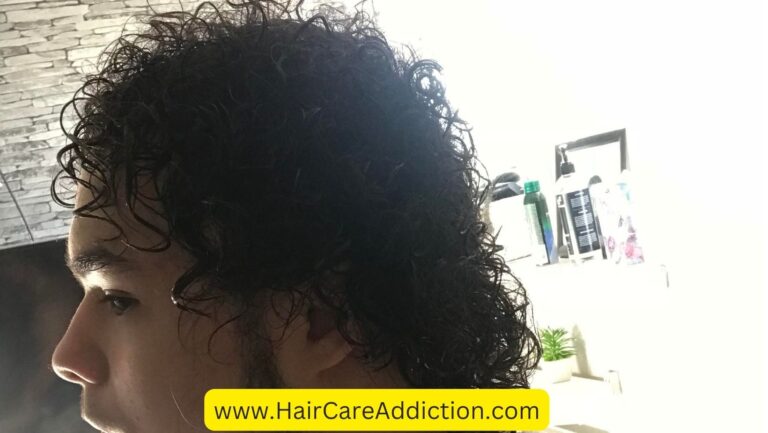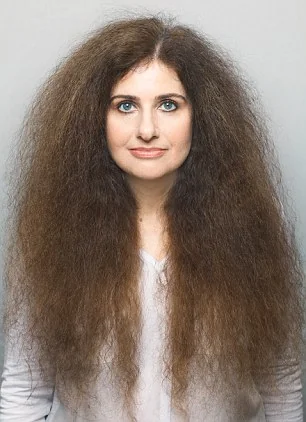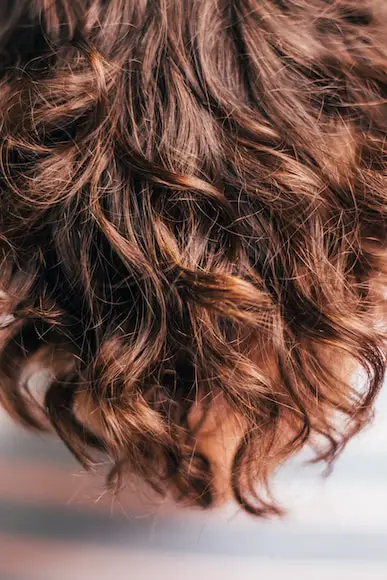Why Is My Black Hair Turning Brown And How to Prevent it

Have you ever caught a glimpse of your reflection and noticed something different?
You take a second look, and there it is – your once deep black hair is now showing hints of brown. Before your worry sets in, let me assure you: you’re not alone in this hair transformation.
A question often asked, “Why is my black hair turning brown?” will be thoroughly discussed in this blog post. It’s a common phenomenon, and understanding it can help mitigate your concerns and give you the power to take the necessary steps for your hair’s health.
Now, let’s delve into the specifics to answer your question and, in turn, feed your curiosity.
Why Is My Black Hair Turning Brown?
Sun Exposure and Hair Color Change

First, let’s talk about sun exposure, which is one of the most common reasons for your black hair turning brown. Similar to how our skin gets tanned, our hair, too, responds to the sun.
The sun’s ultraviolet (UV) rays can damage the hair cuticle and affect the melanin, the pigment responsible for our hair color.
In addition to UV rays, other environmental factors such as humidity and pollution can also cause color changes. Yet, despite this, remember that some degree of sun exposure is essential for our health, including Vitamin D synthesis.
Therefore, the goal is not to avoid the sun completely, but to protect your hair effectively, for instance, by wearing a hat or using a UV-protectant spray.
Aging and Hair Color Change
Aging is another factor that could be causing your hair to turn brown. Over time, melanin production in our hair follicles gradually decreases, leading to changes in our hair color.
Whereas some people experience graying, others might notice their hair turning a lighter shade, such as brown. Although this may be true, aging isn’t something we can stop.
However, a healthy lifestyle and good hair care routine can slow down the aging effects on our hair.
Nutritional Deficiency and Hair Color Change
In some cases, a nutritional deficiency can be the reason for your hair color change. For example, a deficiency in copper or Vitamin B12 might result in hair color lightening.
Both these nutrients play a significant role in the production of melanin.
Nevertheless, it’s essential not to self-diagnose or self-medicate. If you suspect a deficiency, it’s always best to consult with a healthcare professional who can guide you in the right direction.
Chemical Damage and Hair Color Change
Last but not least, let’s not forget about chemical damage.
Regular use of harsh hair products, including dyes, relaxers, or even some types of shampoos, can result in hair discoloration over time. Indeed, such products can strip your hair of its natural oils and melanin, resulting in a color change.
If you’ve noticed your hair turning brown, it may be time to revisit the products you’re using and opt for gentler, more natural alternatives.
Conclusion
In conclusion, numerous factors, ranging from sun exposure to nutritional deficiencies and chemical damage, can cause your black hair to turn brown.
Recognizing the cause is the first step in addressing the issue. Remember, while some color change is natural and inevitable, proper hair care and a healthy lifestyle can keep your locks looking and feeling their best.
Hence, it’s not just about questioning, “Why is my black hair turning brown?” but also about finding the balance in protecting and nourishing your hair.





![Why Are the Ends of My Hair White? [Explained]](https://haircareaddiction.com/wp-content/uploads/2023/06/Why-Are-the-Ends-of-My-Hair-White-768x1024.jpg)
